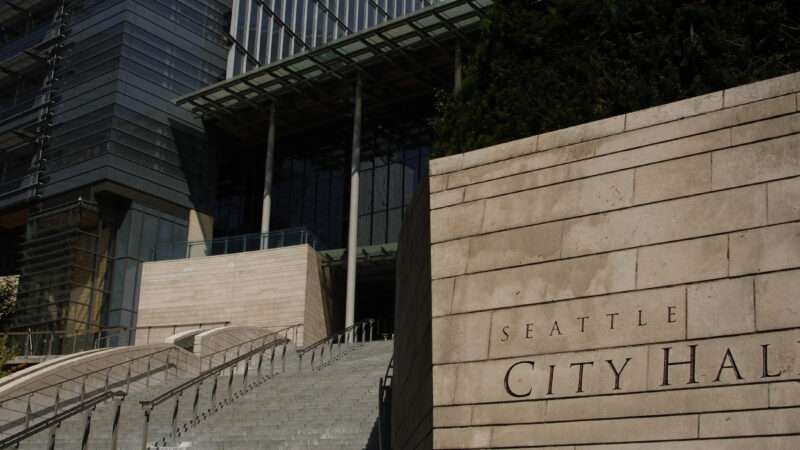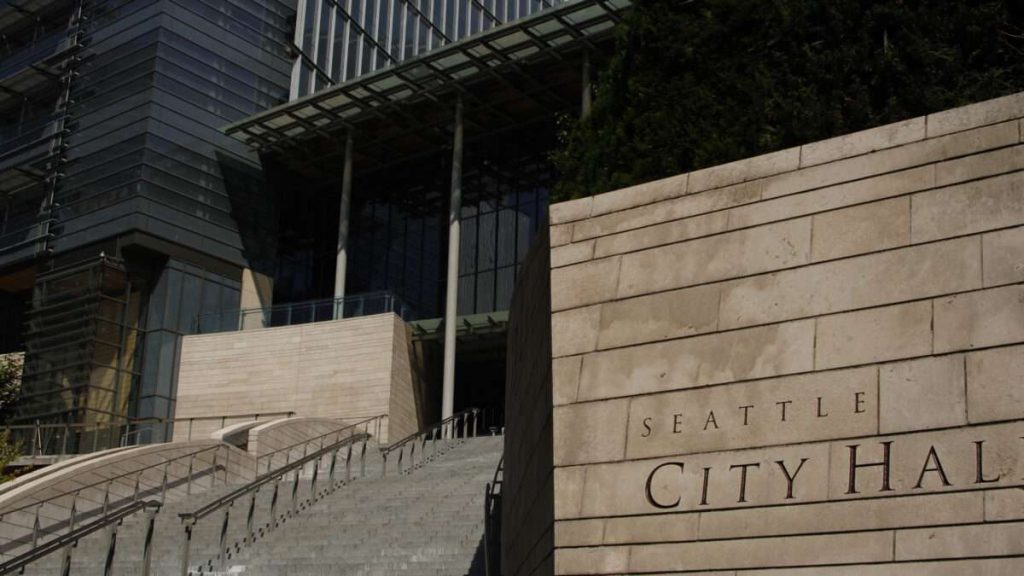
Seattle’s minimum wage increased to $20.76 per hour on Wednesday, and at least one business has already closed because of it.
Seattle adopted the Minimum Wage Ordinance in June 2014, amending the city’s municipal code to implement yearly increases from January 1, 2016, through January 1, 2025. The law distinguished “Schedule 1” employers, which have more than 500 employees, from “Schedule 2” employers, which have 500 or fewer. Until last Wednesday, the ordinance allowed the second group, but not the first, to meet its compensation requirement through tax-preferred contributions to employee medical plans rather than direct wage increases. This created an incentive for firms not to hire more than 500 employees.
Counting medical benefits toward the compensation requirement also encouraged employers to pay employees in-kind (to the extent that that’s feasible). That is less efficient for everyone: If workers just got cash instead, they could spend it on whatever they value most highly—maybe a health care plan, or maybe something else.
The ordinance was pitched as a way to reduce income inequality, but a 2021 study by the Evans School of Public Policy & Governance at the University of Washington found that that’s not what happened. The study found “no evidence to suggest…that Seattle’s minimum wage lowered the overall level of earnings inequality across all workers in the city.” In fact, earnings equality “substantially widened” from 2014 to 2017.
The latest hike will further exacerbate both income inequality and unemployment. As the cost to small businesses of hiring minimum-wage employees increases by anywhere from 4 to 20 percent, many will respond by either firing employees or closing entirely. Already, Corina Lukenbach’s Bebop Waffle Shop has responded to the new rules by shutting down. Don’t be surprised if more follow.
The post Seattle’s Minimum Wage Hike Hurts Workers appeared first on Reason.com.







